ABSTRACT
L’articolo si propone di studiare Les Faux-monnayeurs (1925) di André Gide a partire dal testo di una conferenza tenuta da Jean-Paul Sartre a La Lyre havraise tra il novembre 1932 e il marzo 1933. In particolare, abbiamo cercato di capire in che modo la sua definizione di tragique possa essere considerata una nuova chiave di lettura con cui studiare il romanzo. Attraverso alcuni esempi testuali, abbiamo messo in luce il manifestarsi del sujet profond, del conflit, che secondo Jean-Paul Sartre costituisce la base su cui poggiano Les Faux-monnayeurs.
This paper analyses the notes of a lecture given by Jean-Paul Sartre at La Lyre havraise between November 1932 and March 1933. It sets out to explore how his definition of tragique may be regarded as a key to reading and interpreting André Gide’s Les Faux-monnayeurs (1925). Different textual examples are employed to bring to light the sujet profond, the conflit, which according to Sartre constitutes the structural basis of Gide’s novel.






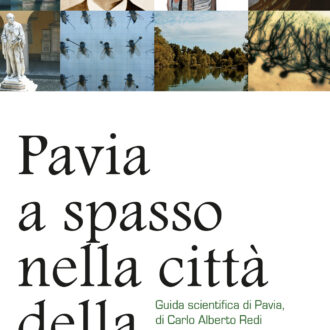
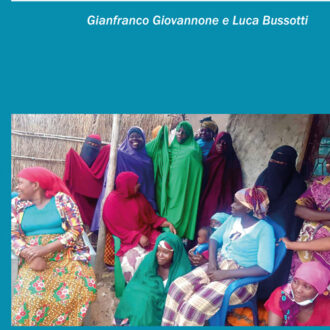
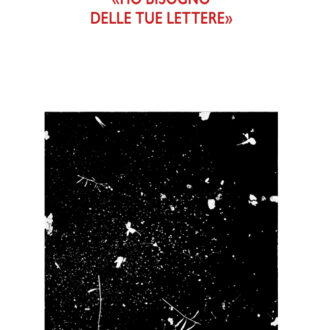
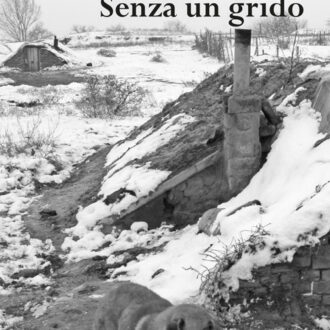
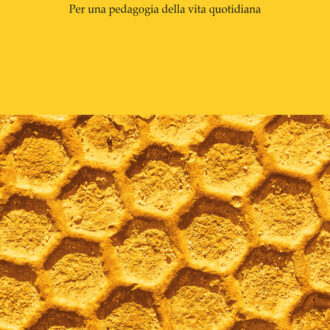

Recensioni
Ancora non ci sono recensioni.